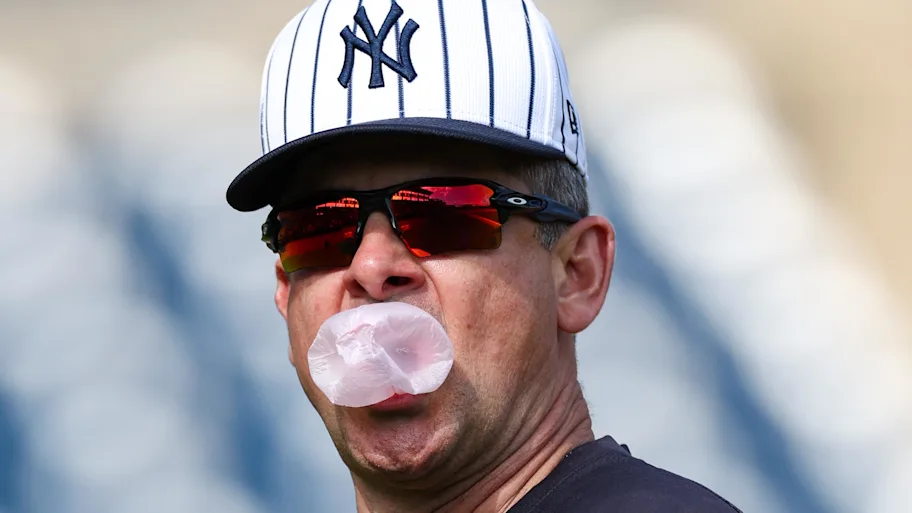The world’s second-ranked tennis player was handed a one-month ban after testing positive for the banned substance trimetazidine, a result the International Tennis Integrity Agency attributed to contamination.
Swiatek confessed that her reaction was as if “someone had died” as she grappled with the “horror” of her doping scandal. The five-time Grand Slam winner spoke publicly for the first time since news of her failed doping test and subsequent suspension broke, in an interview with Polish news channel TVN24 over the weekend.
Swiatek tested positive for trimetazidine in August and was notified of the result in September, leading to a brief provisional suspension during which she missed three tournaments before successfully appealing. This period was included in her one-month ban.
Describing her initial response to the failed anti-doping test, the Polish star said: “My reaction was very intense.
“It was a mix of confusion and panic. There was a lot of crying. My manager said my reaction was like someone had died or something serious had happened to my health.”
Swiatek also admitted to being thrown into uncertainty, confessing she didn’t know about the substance she tested positive for. “I thought it might be a mistake,” she added.
“I really didn’t understand what was happening. The name of the substance itself was completely unfamiliar to me. I had never heard of its origin. I didn’t think much, I was just overwhelmed with emotions.”
She revealed her emotional turmoil. “Horror. And a huge disappointment,” she added. “Just stepping onto the court was painful. If it hadn’t been for my training partner, Tomek Moczek, who at the beginning was doing training sessions with me like you do with kids – we were just having fun on the court – I think I wouldn’t have gone out to practice at all.
“The truth is, I love playing tennis, but not enough to sacrifice my honour or my values. I was put in a situation where suddenly people could judge me very negatively because of what happened.”
Her ineligibility ended on December 4 after she served a provisional suspension starting September 12 and identified the contamination source as a non-prescription melatonin medicine. She successfully appealed her provisional suspension on September 22, which was lifted on October 4, meaning her one-month ban accepted on November 27 left her with only eight days remaining.



